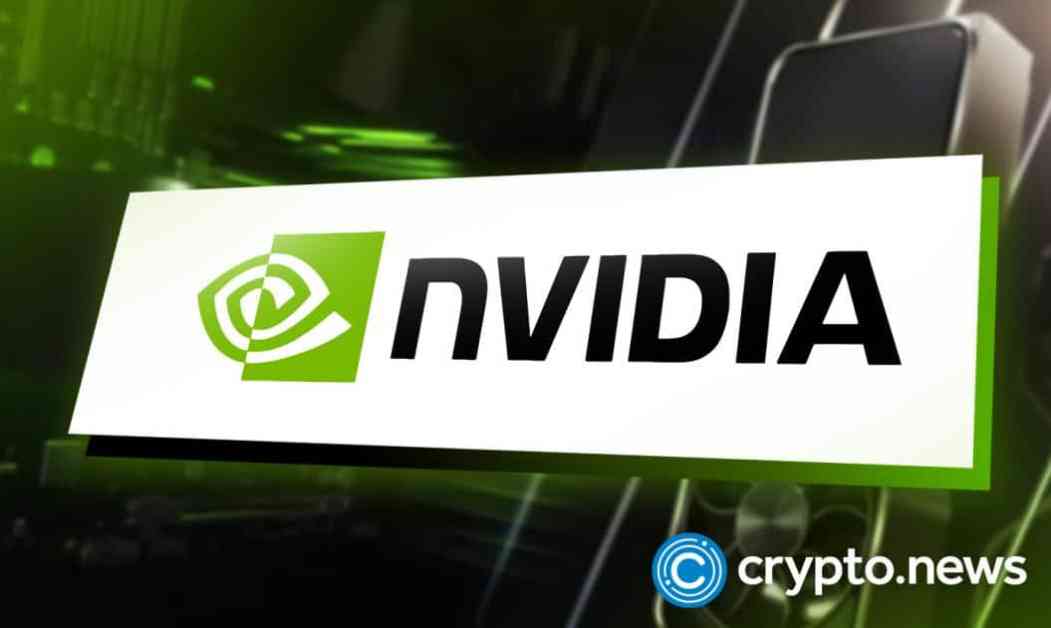The United States Department of Justice and Securities and Exchange Commission are showing a strong interest in the Nvidia securities fraud case. In an amicus brief filed on Oct. 2, U.S. Solicitor General Elizabeth Prelogar and SEC senior lawyer Theodore Weiman argued that the case should be reopened despite a prior dismissal in 2021. They stated that the case involves important issues related to the Private Securities Litigation Reform Act of 1995.
The U.S. Department of Justice emphasized the significance of properly interpreting the PSLRA, as it has participated in similar cases in the past. At the same time, 12 former SEC officials also filed a brief in support of the class action suit, highlighting the importance of private enforcement of federal securities laws in maintaining the integrity of U.S. capital markets.
In addition to these briefs, six more were filed by quantitative experts, legal professors, institutional investors, the American Association for Justice, and the Anti-Fraud Coalition in support of the class group. These briefs underscore the seriousness of the allegations against Nvidia and its CEO, Jensen Huang.
The original lawsuit, filed in 2018, accused Nvidia of misleading investors about the extent of its sales related to crypto activities, violating the U.S. Securities Exchange Act of 1934. Although the case was initially dismissed in 2021, the Ninth U.S. Circuit Court of Appeals in San Francisco revived it in a 2-1 ruling. Nvidia later agreed to pay $5.5 million to settle charges brought by U.S. authorities related to inadequate disclosure of the impact of crypto mining on its gaming business.
During a second-quarter earnings call in 2022, Nvidia’s executive vice president Colette Kress announced that the company plans to exit the crypto space entirely due to a significant drop in revenue from crypto-related activities. Despite projecting earnings of over $400 million from crypto mining equipment manufacturing in 2018, Nvidia only achieved 18% of that revenue.
The developments in the Nvidia case have drawn attention from various parties, including government agencies, former SEC officials, and industry experts. The outcome of this case could have far-reaching implications for how securities fraud class actions are handled in the future, highlighting the importance of ensuring transparency and accountability in financial markets.

